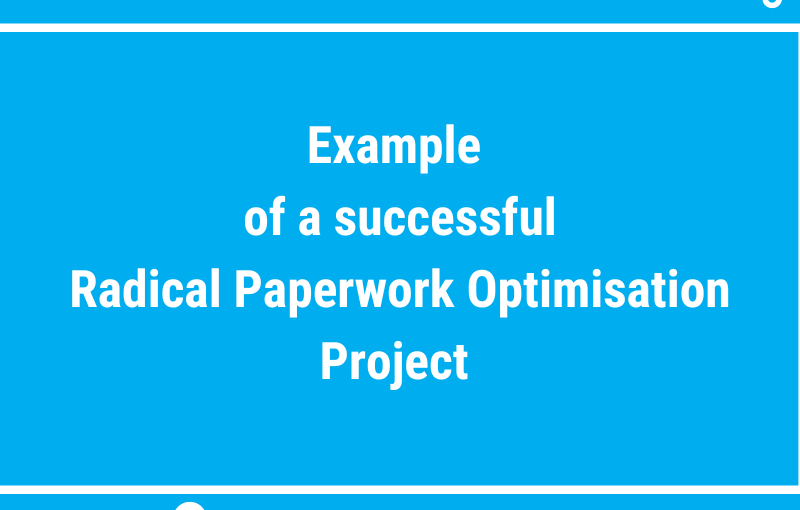A personal example of the successful application of the Radical Paperwork Optimisation Approach.
How I re-organised and decluttered study materials
Some years ago, I decided to spend half the weekend decluttering the nine thick binders containing all the materials I had accumulated during my MBA studies (which I had completed a couple of years earlier).
I carried the first binder to my desk – but I didn’t open it – yet.
My first step was to make decisions ahead of time.
To decide which of my study papers were still so important to me that I wanted to keep them.
To make it easier to define what was still very important to me, I asked my favourite decluttering question, ‘Does it serve me?’ and its three sub-questions, ‘Do I need it? Do I use it? Do I love it?’
These were some of my considerations:
Did I use them? – I hadn’t touched the study binders since we moved into our house seven years earlier, so I clearly didn’t use them.
Did I need them? – No, probably not. I mean, I had completely ignored them for so many years! The research-related papers were probably no longer up-to-date anyway. Or the information could be easily found on the Internet if I needed it.
Did I love them? Hmm, this was not so easy to answer. I believed I probably didn’t love 90 per cent of the material in the nine binders. But what about the reports, exam papers, and essays I had compiled with so much time, energy, and effort?
This was all very important to me at that time!
But today? And in the future?
This took me a while, but finally, I decided that it was important to me now to keep a tiny selection of all the stuff that had been important to me in the past.
So, I decided to keep one thin folder with two or three examples of personally written study papers.
Then, I opened the first binder and started the work.
While going through the nine binders, I knew exactly what to look for (two to three of my study reports or exam papers).
It still took me a couple of hours.
Browsing through the papers brought up so many memories: people, events, and experiences I had forgotten about. Yes, it was good to remember all of this one more time, although it also felt a bit sad.
In the end, I picked only one exam paper I wanted to keep because it (still) had a special meaning to me.
I remember crying when I threw all nine binders into the paper recycling bin, but shortly after, I just felt great relief.
I was happy because I had properly said goodbye to a phase in my life that had been very important to me – but no longer was.
The Radical Paperwork Optimisation Process can help you create and enjoy a better-organised and more relaxed daily life.
My article series, ‘Radical Paperwork Optimisation and the VIP Directory’, provides you with all the information and tools you need to start and complete the process successfully.

